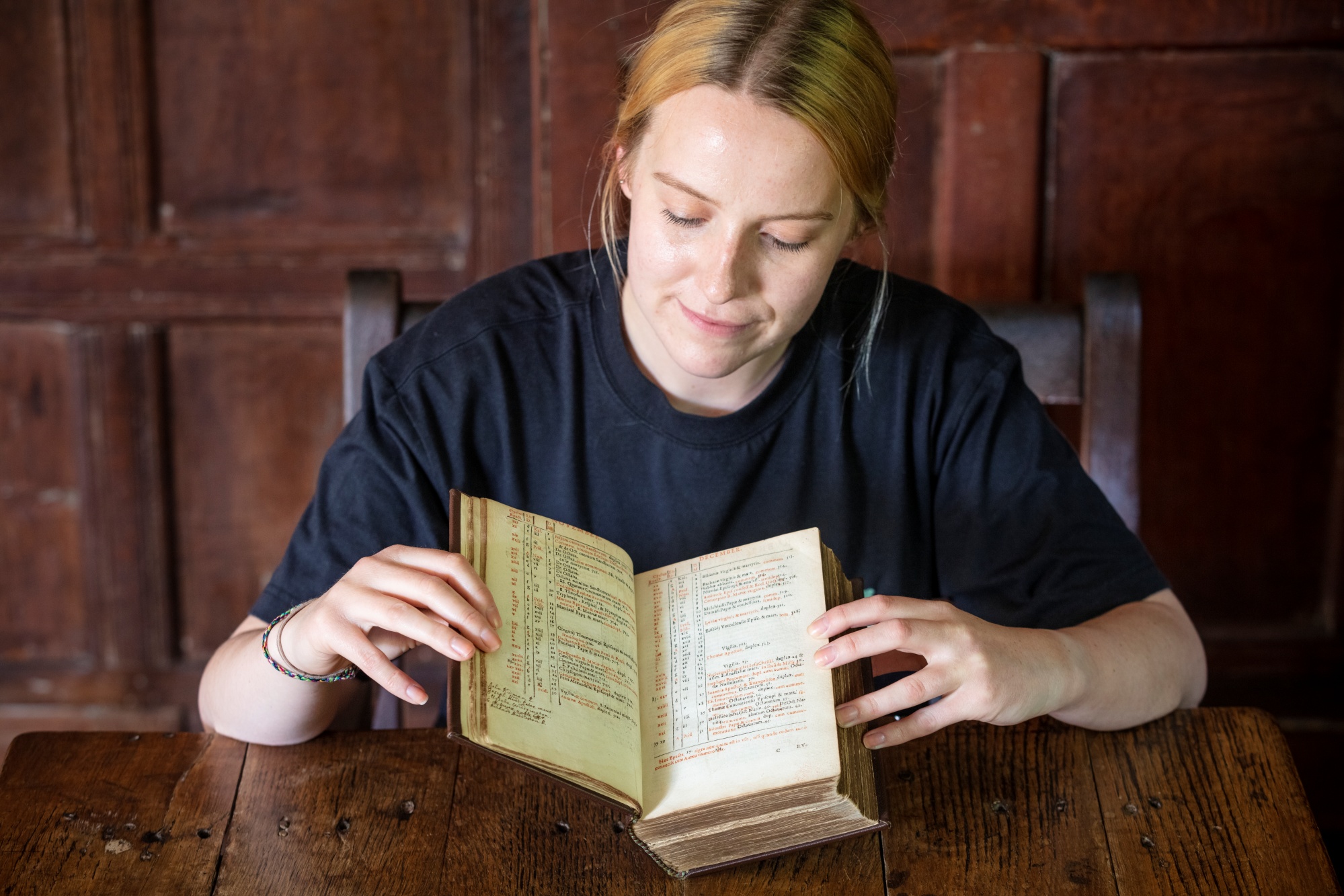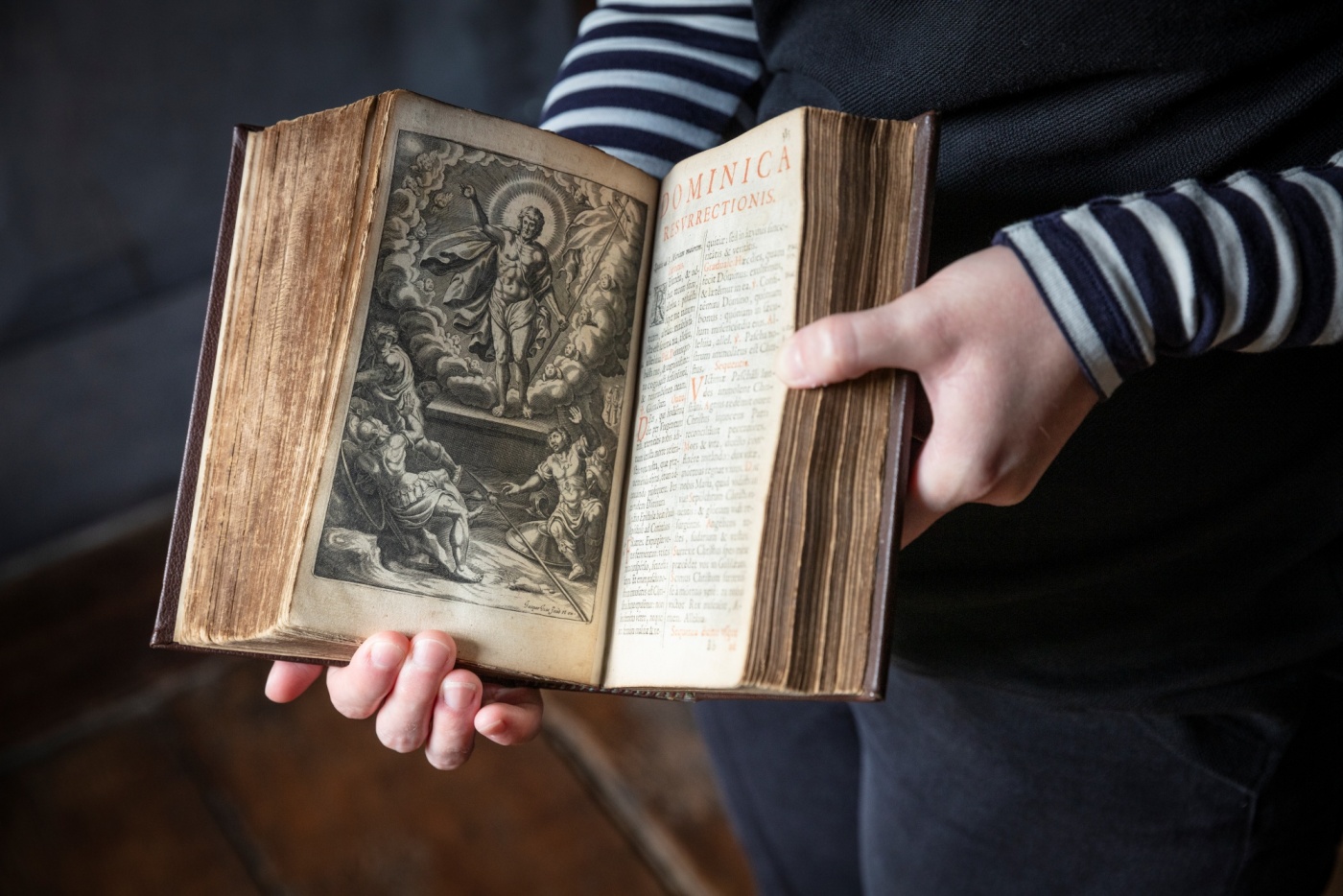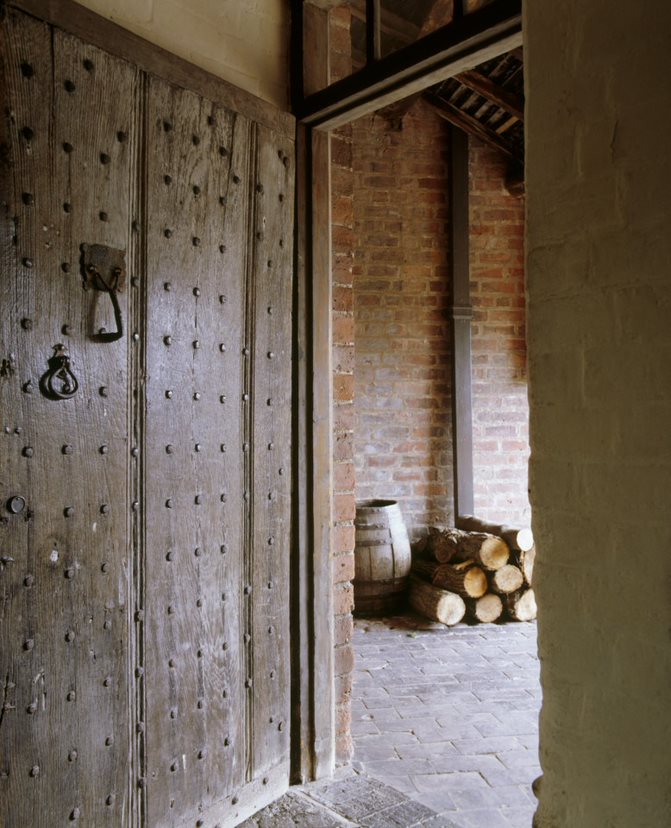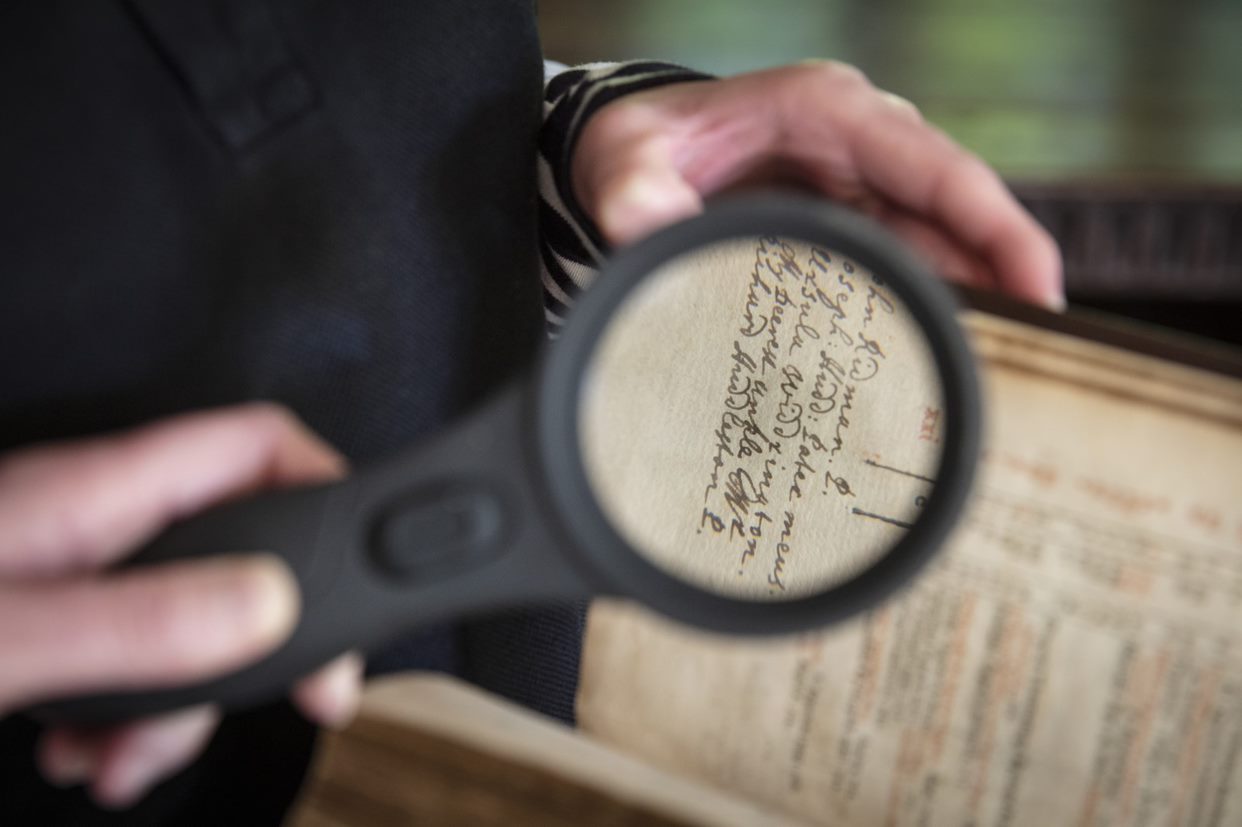A 400-year-old prayer book that once belonged to a priest who helped save the life of King Charles II, has gone on public display after being bought for the nation by the National Trust.

Father John Huddleston’s (1608 – 1698) personal missal (a book containing prayers offered by the priest at the altar covering everything that is read in connection with the Mass throughout the ecclesiastical year) can now be viewed at Moseley Old Hall, near Wolverhampton, the house where he was Chaplain when Charles sought refuge after escaping Cromwell’s troops following the Battle of Worcester in 1651.
The book, bearing Fr Huddleston’s signature, was purchased by the conservation charity at auction thanks to a generous donation from a volunteer and support from the Friends of the National Libraries. The successful bid means this important piece of history has been saved for the nation and has returned to Moseley, some 363 years since it was first there.

Published in Paris in 1623, the rare copy of the Missale Romanum was possibly used to convert Charles II to Catholicism on his deathbed.
Fr Huddleston was a Benedictine priest who lived at Moseley Old Hall, dressed as a servant, with the Catholic Whitgreave family, who had stayed loyal to the Royalist cause following the execution of Charles I.
Following defeat to the Roundheads at Worcester, Charles fled to Boscobel House in Shropshire, where he hid in an oak tree, before arriving at Moseley Old Hall the following night. Flanked by a small group of supporters, he entered via the studded oak back door, still in place today, and given shelter.
Fr Huddleston helped Charles to seek refuge in his first-floor room, which had a view of the approach road as well as an escape route via a back staircase. A priest hole, accessible by a trapdoor beneath the floor of a cupboard, provided a hiding space for Charles when armed soldiers turned up at the house. The ‘King’s Bed’, upon which Charles managed to get some sleep, fully clothed, also remains in the hall today.

The King is understood to have consulted books in Huddleston’s library and it is likely that the missal – now complete with evocative drops of candle wax on some pages – would have been one of them. Following nine years of exile and the restoration of the Monarchy in 1660, Charles made Huddleston chaplain to his Catholic mother, Queen Henrietta Maria, and later to his Catholic Portuguese wife, Catherine of Braganza.
Charles summoned Fr Huddleston to his bedside at Whitehall Palace in London in 1685, as he lay dying. Huddleston heard the king’s confession, administered the Eucharist and received him into the Catholic Church. The Duke of York is believed to have said that Huddleston saved the king’s life twice: first his body, then his soul.
The missal joins a collection that includes portraits of Thomas Whitgreave, the owner of the hall at the time, and of Fr Huddleston, as well as a letter King Charles II sent to a young local woman, Jane Lane, thanking her for helping him escape to France.

Tim Pye, National Curator, said: “The Huddleston Missal is a wonderful acquisition for Moseley Old Hall. Not only is the 1623 edition of the Missale Romanum a rare book – just one other complete copy is recorded in UK libraries – it is also crucial for our understanding of how Roman Catholic books were used and circulated at a time when it was dangerous to be anything other than Anglican."
“The way in which Huddleston has inscribed and annotated his missal highlights just how precious and personal this book would have been to him.”
The Missal was previously owned by Joseph J Procter who paid a Liverpool bookshop just sixpence for it, in the late 1950s. Mr Procter’s family have visited Moseley Old Hall to view the book and expressed their delight at it now being on public display.
For further information and opening times visit www.nationaltrust.org.uk/moseley-old-hall
